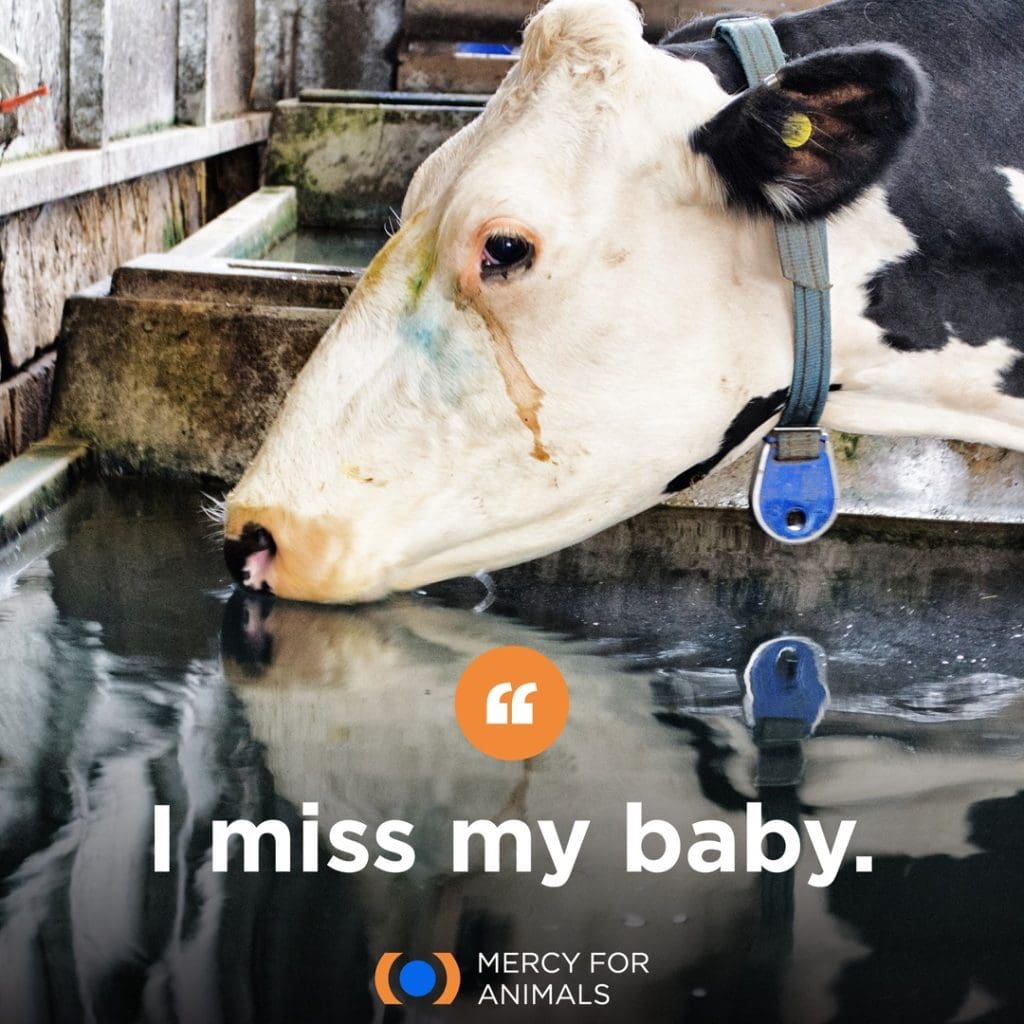In this post, we will explore the various benefits of a vegan diet, both for animals and the environment, as well as the health advantages it can offer. Whether you’re considering going vegan for ethical reasons or are simply curious about the potential benefits, we hope this post provides valuable insights and guidance to help you make an informed decision. Let’s dive in!

The Ethical Benefits of a Vegan Diet
A vegan diet promotes ethical treatment of animals. By abstaining from consuming animal products, individuals can contribute to reducing animal cruelty and support animal rights. Veganism aligns with the ethical values of compassion and nonviolence.
- 1. Choosing a vegan diet supports animal rights and reduces animal cruelty: The meat, dairy, and egg industries often involve practices that go against animal welfare. By opting for a vegan diet, individuals actively withdraw support from these industries.
- 2. Veganism aligns with ethical values of compassion and nonviolence: Veganism prioritizes the well-being of animals and recognizes their inherent value. It reflects a compassionate mindset that extends beyond humans to all living beings.
How a Vegan Diet Can Help Save the Planet
Adopting a vegan diet can have significant positive impacts on the environment and help address some of the pressing global issues we face today. Here are a few ways in which transitioning to a vegan diet can help save the planet:
Reduction in Greenhouse Gas Emissions
Animal agriculture is a major contributor to greenhouse gas emissions, particularly methane and nitrous oxide. By avoiding animal products, such as meat and dairy, you can significantly reduce your carbon footprint and contribute to mitigating climate change.
Biodiversity and Conservation
Choosing a vegan diet also supports biodiversity and the conservation of natural resources. Animal agriculture is often linked to deforestation, as land is cleared to make way for livestock farming and the production of animal feed. By reducing the demand for animal products, we can help protect wildlife habitats and preserve biodiversity.
Combatting Deforestation and Water Pollution
Transitioning to a vegan diet can also help combat deforestation and water pollution. Animal agriculture is a leading cause of rainforest destruction, as large areas of land are cleared to create pastures or grow crops for animal feed. Additionally, factory farming operations can severely impact water quality through the runoff of manure and fertilizers.
By choosing plant-based alternatives, you are making a positive impact on the environment and helping to create a sustainable future for our planet.
Getting Started: Tips for Transitioning to a Vegan Diet
Transitioning to a vegan diet can be an exciting and rewarding journey. Here are some tips to help you get started:
- Gradually replacing animal products with plant-based alternatives: Start by replacing one meal a day with a vegan option and gradually increase the number of plant-based meals.
- Educating yourself about vegan nutrition and meal planning: Ensure that you are getting all the necessary nutrients by learning about vegan sources of protein, iron, calcium, and other essential vitamins and minerals.
- Joining supportive communities and seeking guidance from experienced vegans: Connect with others who are also transitioning to a vegan lifestyle or who have been vegan for a while. They can provide valuable tips and support.
Why Veganism is a Healthier Choice
A vegan diet can provide numerous health benefits and contribute to overall well-being. Here are some reasons why adopting a vegan lifestyle is a healthier choice:
Vegan diet can lower the risk of heart disease, high blood pressure, and diabetes
Studies have shown that individuals following a vegan diet tend to have lower cholesterol levels, blood pressure, and a reduced risk of developing heart disease. By eliminating animal products, which are high in saturated fats and cholesterol, vegans can improve their cardiovascular health.
Plant-based diet provides essential nutrients and antioxidants
A well-planned vegan diet can provide all the essential nutrients your body needs, including protein, vitamins, minerals, and antioxidants. Plant-based foods are rich in fiber, vitamins C and E, and phytochemicals, which contribute to a strong immune system and overall health.
Reducing consumption of saturated fats and cholesterol improves overall health
Animal products, such as meat and dairy, are typically high in saturated fats and cholesterol. By eliminating these from your diet, you can reduce the risk of obesity, high cholesterol levels, and related health conditions. A vegan diet can help you maintain a healthy weight and improve your overall well-being.
Exploring the Different Types of Vegan Diets
When transitioning to a vegan diet, it’s important to understand that there are various types of vegan diets to explore. These variations can cater to individual preferences and health goals. Here are some common types:
- Whole Food Plant-Based: This type of vegan diet focuses on consuming whole, unrefined plant foods, such as fruits, vegetables, whole grains, legumes, nuts, and seeds. It prioritizes nutrient-dense foods and limits or avoids processed foods.
- Junk Food Vegan: This type of vegan diet includes mostly processed and packaged vegan foods, such as vegan burgers, fries, cookies, and ice cream. While these foods are technically vegan, they may not always promote optimal health due to their high levels of added sugars, unhealthy fats, and preservatives.
- Raw Vegan: Raw vegans consume only uncooked and unprocessed plant foods. This includes fruits, vegetables, nuts, seeds, and sprouted grains. Some raw vegans also incorporate dehydrated or fermented foods into their diets.
- High-Carb, Low-Fat Vegan: This type of vegan diet emphasizes consuming a high amount of carbohydrates from whole plant foods while keeping fat intake relatively low. It includes foods like fruits, vegetables, whole grains, legumes, and starchy vegetables.
It’s important to note that there is no one-size-fits-all approach to veganism. Exploring these different types can help you find what works best for your body and lifestyle. Remember to listen to your body’s needs and make choices that align with your health goals.
Finding Delicious and Nutritious Vegan Recipes
When transitioning to a vegan diet, it’s important to discover a variety of plant-based recipes that are both delicious and nutritious. Here are some tips to help you find and create amazing vegan meals:
1. Discovering a variety of plant-based recipes for breakfast, lunch, and dinner
Explore different vegan recipes that cater to your taste preferences and dietary needs. Look for recipes that use a wide range of fruits, vegetables, whole grains, legumes, nuts, and seeds.
2. Experimenting with vegan cooking techniques and ingredients
Try out different cooking techniques such as roasting, grilling, stir-frying, and baking. Experiment with various spices, herbs, and plant-based substitutes to add flavor and texture to your dishes.
3. Finding vegan recipe resources online, in cookbooks, and through cooking classes
Utilize the vast resources available online to find vegan recipes. There are numerous websites, blogs, and social media platforms dedicated to vegan cooking. You can also explore vegan cookbooks and even consider taking cooking classes to enhance your culinary skills.
- Online Resources:
- Minimalist Baker
- Oh She Glows
- Rabbit and Wolves
- Cookbooks:
- Thug Kitchen: Eat Like You Give a F*ck by Michelle Davis and Matt Holloway
- Forks Over Knives: The Plant-Based Way to Health by Gene Stone and T. Colin Campbell
- Cooking Classes:
- Check local community centers and culinary schools for vegan cooking classes
By exploring different vegan recipes and getting creative in the kitchen, you’ll find that vegan meals can be both satisfying and full of flavor.
Overcoming Challenges: Dealing with Social Pressures
Educating others about the benefits of a vegan diet and ethical considerations can help overcome social pressures. It is important to communicate the reasons behind your choice and the positive impacts it has on animals, the planet, and your health.
Seeking support from like-minded individuals and online vegan communities can provide a sense of belonging and encouragement. Sharing experiences, tips, and recipes can make the transition easier and help build a support system.
When dining out or attending social events, it can be helpful to research vegan-friendly options in advance and suggest restaurants or activities that accommodate your dietary choices. Communicating your needs to hosts or restaurant staff can ensure that vegan options are available.

The Ethical Dilemma of Factory Farming
Factory farming system prioritizes profit over animal welfare. Animals in factory farms are subjected to confinement, mass production, and inhumane practices. They often live in cramped and unsanitary conditions, unable to exhibit their natural behaviors or live a quality life.
Choosing veganism means opposing the unethical practices of factory farming. By opting for a vegan diet, individuals take a stand against the mistreatment and exploitation of animals for food. Supporting ethical alternatives to factory farming can help promote a more compassionate and humane society.

Maintaining a Balanced Vegan Diet
When following a vegan diet, it’s important to ensure that you are getting all the necessary nutrients to maintain optimal health. Here are some tips for maintaining a balanced vegan diet:
1. Balancing Macronutrients
Make sure your meals include a balance of carbohydrates, fats, and proteins. Sources of plant-based protein include legumes, tofu, tempeh, seitan, and quinoa. Healthy fats can be obtained from avocados, nuts, seeds, and olive oil. Carbohydrates can be obtained from whole grains, fruits, and vegetables.
2. Adequate Protein, Iron, and Vitamin B12
Vegan sources of protein include soy products, lentils, beans, and chickpeas. To ensure you are getting enough iron, include foods like spinach, kale, lentils, and fortified cereals. As vitamin B12 is mainly found in animal products, consider taking a B12 supplement or consuming fortified foods like plant-based milks or breakfast cereals.
3. Planning Nutrient-Rich Meals
Include a variety of fruits, vegetables, whole grains, legumes, and nuts in your meals to ensure you’re getting a wide range of essential nutrients. Experiment with different recipes and flavors to keep your meals exciting and nutritious.
4. Consulting with a Registered Dietitian
If you have concerns about meeting your nutrient needs on a vegan diet, it’s a good idea to consult with a registered dietitian who specializes in plant-based nutrition. They can provide personalized guidance and help ensure you are meeting all your nutritional requirements.
By following these tips, you can maintain a balanced vegan diet and enjoy the many health benefits it provides.
















































